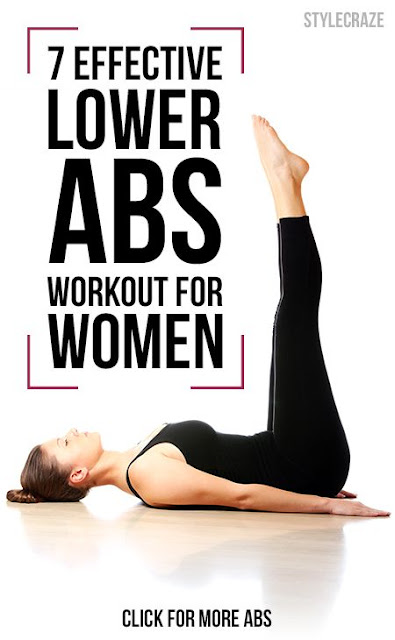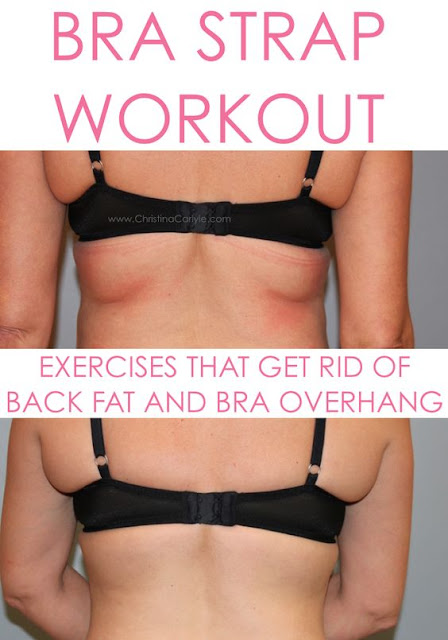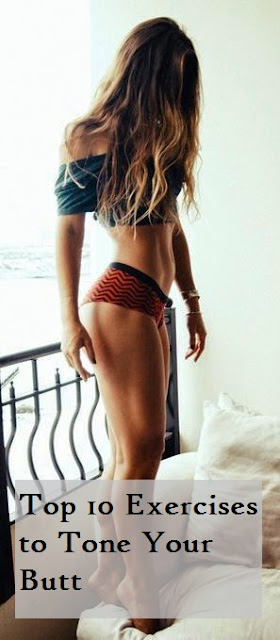Strong, well-defined shoulders and biceps were the reward Michelle Taylor, a New York City investment banker in her early 40s, got from regular weight-lifting sessions. She also got constant pain in her neck, which she figured was a price worth paying―until she met a personal trainer who changed her mind. He pointed out that she was hunching her shoulders up to her ears as she did strengthening exercises. He advised her to focus on pressing her shoulder blades down into her back while pushing her chest slightly outward. And poof!―no more pain. Better yet, Michelle could do more repetitions than before.
Getting the Most From Your Workout
Tricks like these make workouts work better. Knowing the secrets to performing an exercise correctly―like shifting your alignment or modulating your speed―will not only save you pain but also help you burn more calories, build strength, and avoid injury.
Below is a guide to getting the most from 11 popular forms of exercise: walking, running, weight training, spinning, stability balls, yoga, stair-climber, elliptical trainer, swimming, rowing, and tennis.
 |
| READ MORE |
1. Walking
Think about your feet. Instead of moving through the standard heel-toe, heel-toe step, lead with your heel and roll through your entire foot before pushing off with your toes. This can turn a stroll into a power walk that also engages your shins.
Also remember to…
Pump your arms. By making your stride more purposeful and energetic, you’ll pick up the pace, which means you’ll burn more calories and get a better cardio workout. Bend your arms at a 90-degree angle and punch them forward and back, rather than across your body.
2. Running
Take longer strides. It’s a body-friendly way to increase speed. Many runners try to go faster by taking more steps more quickly, but this is tougher on both the knees and the lower back. Find the stride length that enables you to be lightest on your feet and moves you fastest. Test out several strides. Once you find the one that makes you feel like you’re gliding rather than pounding, that’s your ideal length.
Also remember to…
Increase the incline. When running on a treadmill, set it at a 1 percent gradient. Running on a treadmill is much easier than running outdoors on real terrain, even when it’s fairly level. A 1 percent incline mimics outdoor conditions. Over time, increasing the incline (or the number or height of hills when running outdoors) will make you work harder and may improve your speed once you go back to flat ground.









![5 Moves to Banish Back Fat [VIDEO] 5 Moves to Banish Back Fat [VIDEO]](https://blogger.googleusercontent.com/img/b/R29vZ2xl/AVvXsEi6cGkomhHlBBceyehgNYWt-HX9S5vjWyPuXgNIhQyZLOzfXIpqhWgwJDM8ZHCWzTpWapv32Tj42t4EZTzir9OavNoTzrUVpQh8fcxD3MUMS9-JBjC2rpfZ-ydE3wh9meLdMKoVMzbQ6Q/s640/f5d17953a76727df2f82f6183d6f2a95.jpg)






